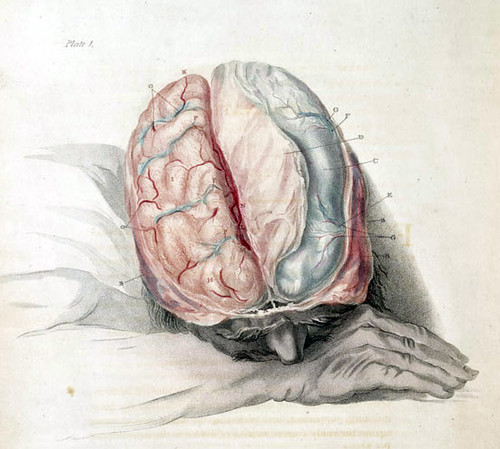Brilliant people with the highest IQs in the world are often expected to dedicate those gifts to academia, being paid to think for a living for the good of mankind. While this path is taken by the brightest students on many occasions, there are notable exceptions. With the smartest people amongst us registering IQs close to 200, the topic of how the most gifted individuals in society are educated is worth some attention.

William James Sidis
Touted by many as the smartest man to ever walk the planet, William Sidis was reported to be reading the New York Times by the age of two years old. By the age of six, he was able to speak French, German, Latin, Hebrew, Turkish, Russian and English. Born in 1898, Sidis was estimated to have an IQ of about 275. To put that number into perspective, his IQ topped Albert Einstein’s by an estimated 50 to 100 points.
Sidis entered Harvard at the age of 11, graduating cum laude at 16. He chose to drop out of the academic limelight at that point. He did not enjoy all the media attention and started writing and publishing his work under pen names to remain anonymous.
Christopher M. Langan
ABC’s 20/20 team measured Langan’s IQ at between 195 and 200. Picked on at school as a boy, Langan often drifted off to sleep in class. This behavior landed him in the library as punishment much of the time. While a few teachers tried to make his stay more pleasant and challenging, those acts of kindness sometimes backfired making him a target for teasing and fights.
Langan was offered two full scholarships for college. The young genius had trouble fitting into university life. Largely self-educated outside of academia, this rebel of sorts scorned the elitism that typified major university politics and dropped out of college after two tries at making it in major universities. He worked at blue-collar jobs to earn a living throughout life and continues to study and write in his spare time.
Kim Ung-Yong
The Guinness Book of World Records verified Kim Ung-Yong’s IQ at 210. His signs of genius showed up early when he learned to speak Korean fluently by six months old. At the age of four, the young prodigy became a guest physics student at Hanyang University and began auditing classes. When he was eight-years-old, he was invited to study in the U.S. at NASA. Even though he was courted by the best Korean universities, Ung-Yong chose to finish his education at a lesser known college to eventually earn his Ph.D. in civil engineering.
Christopher Hirata
With an impressive IQ of 225, Hirata followed a similar educational path that other brilliant young men had navigated before him. He skipped middle school and started CalTech at age 14. Then he began working at NASA at 16. He left NASA and started attending Princeton at 18, ultimately earning his Ph.D. in Astrophysics at the age of 22.
Terrence Tao
Terrence Tao credits his start in mathematics to watching Sesame Street. Signs of his genius quickly surfaced as he began solving basic arithmetic problems by the age of two. The Davidson Institute estimated Tao’s IQ to be 230. based on this estimation, it is no surprise that Tao began college mathematics courses at the young age of nine and received a Ph.D. from Princeton at age 20.
Jasmine Foster is a school district administrator and guest author at SuperScholar, a site with guides and resources to assist prospect students in evaluating top-rated degree programs online.
